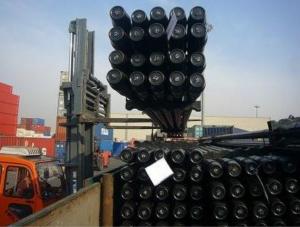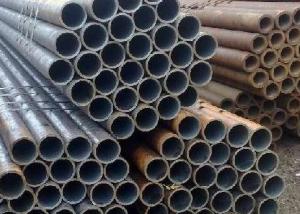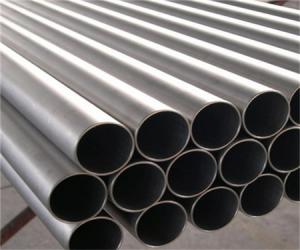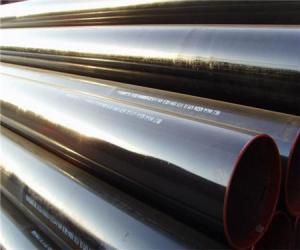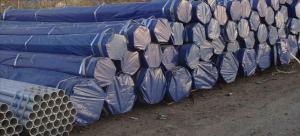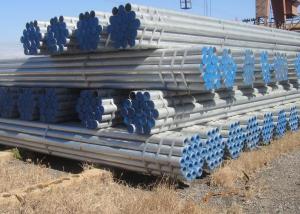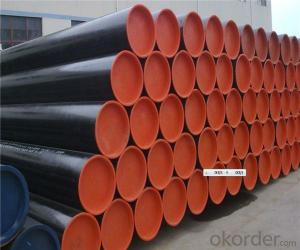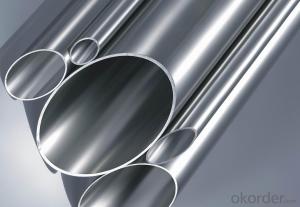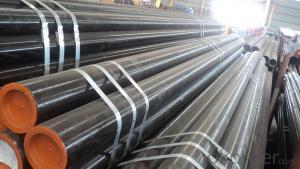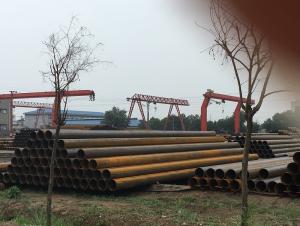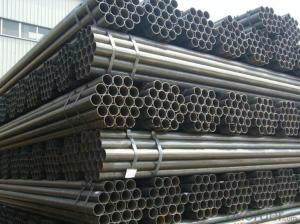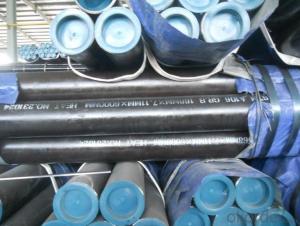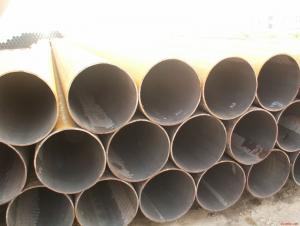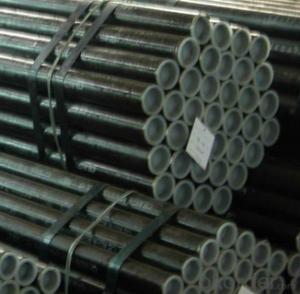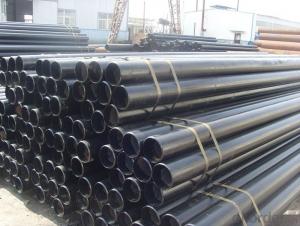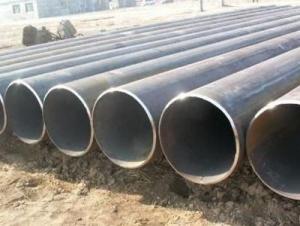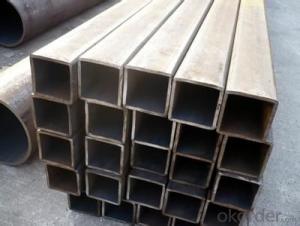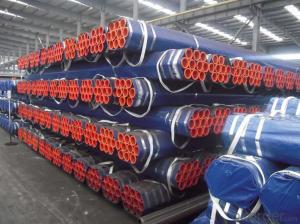All Categories
- - Steel Wire Rod
- - Steel Coils
- - Steel Profiles
- - Steel Pipes
- - Stainless Steel
- - Tinplate
- - Special Steel
- - Steel Sheets
- - Steel Rebars
- - Steel Strips
- - Hot Rolled Steel
- - Cold Rolled Steel
- - Pre-painted Steel
- - Seamless Steel Pipe
- - Welded Steel Pipe
- - Hollow Steel Tubes
- - Galvanized Pipe
- - Stainless Steel Coil
- - Stainless Steel Sheet
- - Stainless Steel Plate
- - Stainless Steel Strips
- - Electrolytic Tinplate Coil
- - Electrolytic Tinplate Sheet
- - Stainless Steel Rebars
- - Solar Panels
- - Solar Water Heater
- - Solar Related Products
- - Solar Inverter
- - Solar Cells
- - Solar Light
- - Solar Energy Systems
- - Solar Controllers
- - Solar Mounting System
- - Solar Pump
- - Solar Chargers
- - Fiberglass Chopped Strand
- - Fiberglass Mesh Cloth
- - Composite Pipes
- - FRP Pultrusion Profiles
- - Fiberglass Mat Tissue
- - Fiberglass Fabrics
- - Fiberglass Mesh
- - Composite Tank
- - Fiberglass Mesh tape
- - Polymer
- - FRP Roofing Panel
- - Fiberglass Roving
- - Monolithic Refractories
- - Ceramic Fiber Products
- - Refractory Bricks
- - Raw Materials For Refractory
- - Suspended Platform
- - Cranes
- - Concrete Machinery
- - Earthmoving Machinery
- - Building Hoist
- - Road Building Machinery
- - Plastic Pipe Fittings
- - Plastic Tubes
- - Plastic Sheets
- - Agricultural Plastic Products
- - Plastic Nets
 All Categories
All Categories
Q & A
How does the choice of steel pipe material affect its performance in high-pressure hydraulic systems?
The choice of steel pipe material plays a crucial role in the performance of high-pressure hydraulic systems. Steel pipes are commonly used in these systems due to their strength, durability, and ability to withstand high pressures. However, the specific steel material chosen can greatly impact the overall performance.
Steel pipes with higher tensile strength and better corrosion resistance, such as stainless steel or alloys like chrome-molybdenum, are preferred for high-pressure hydraulic systems. These materials can withstand the excessive pressure without deformation or failure, ensuring the integrity of the system.
Moreover, the choice of steel material also affects the pipe's ability to handle various fluids and temperature ranges. Different steel alloys have varying resistance to chemical corrosion and thermal expansion, which is crucial in maintaining the efficiency and reliability of the hydraulic system.
In summary, the selection of steel pipe material is essential for high-pressure hydraulic systems as it determines the pipe's ability to withstand pressure, resist corrosion, and handle different fluids and temperature ranges.
How does the choice of steel pipe material affect its performance in extreme temperature conditions?
The choice of steel pipe material significantly affects its performance in extreme temperature conditions. Different steel alloys have varying thermal conductivity and expansion coefficients, which play a crucial role in determining how the pipe behaves under extreme temperature changes. For instance, pipes made from stainless steel exhibit excellent corrosion resistance and maintain their structural integrity at high temperatures, making them suitable for applications in extreme heat. On the other hand, carbon steel pipes may experience thermal expansion and contraction, leading to potential cracking or leakage. Therefore, selecting the appropriate steel pipe material is essential to ensure reliable performance and prevent any detrimental effects in extreme temperature conditions.
How do steel pipes support the transmission of data in telecommunications networks?
Steel pipes do not directly support the transmission of data in telecommunications networks. Instead, they are used to protect and house the fiber optic cables that carry the data. The steel pipes provide a strong and durable outer layer that helps to shield the cables from external factors such as physical damage, moisture, and extreme temperatures, ensuring reliable and uninterrupted data transmission.
What is the role of steel pipes in geothermal energy systems?
Steel pipes play a crucial role in geothermal energy systems as they are used for the transportation of high-temperature fluids, such as steam and hot water, from the geothermal source to the surface. These pipes need to be durable, corrosion-resistant, and capable of withstanding the extreme conditions associated with geothermal energy production. Additionally, steel pipes are also used for the injection of cool fluids back into the geothermal reservoir, ensuring a sustainable and efficient energy extraction process.
Wholesale Steel Pipes from supplier in Haiti
We are a Steel Pipes supplier serving the Haiti, mainly engaged in the sale, quotation, and technical support services of various Steel Pipes products in the Haiti region. We are a subsidiary platform of the Fortune Global 500 company CNBM, able to provide you with one-stop Steel Pipes procurement services in the Haiti. Not only do we have a wide range of Steel Pipes products, but after years of market development in the Haiti, we can also provide valuable experience for your projects.
